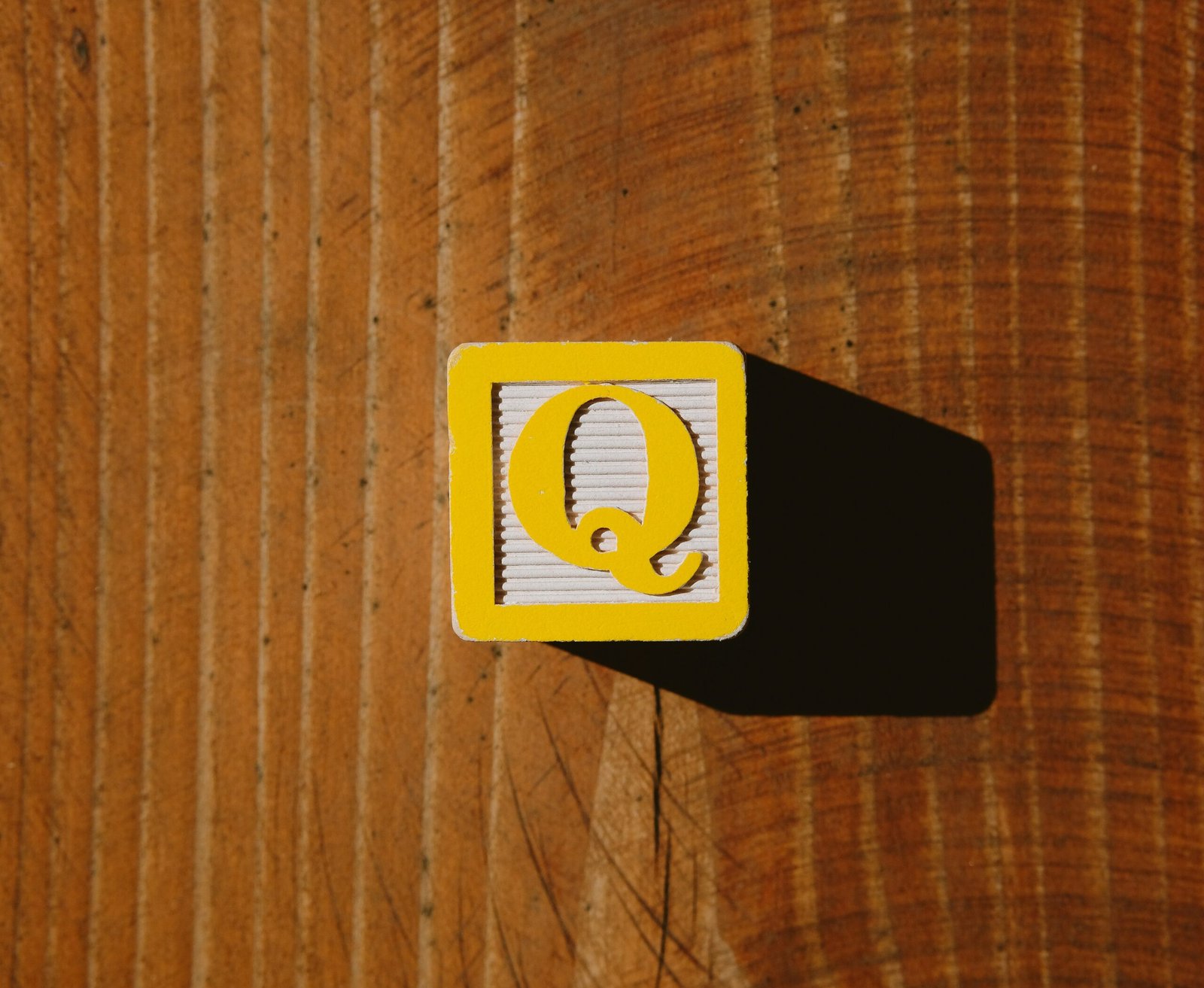Introduction to Game Theory
Game theory is a mathematical framework that studies strategic interactions among rational decision-makers. It serves as a tool for analyzing situations where individuals, referred to as players, make decisions that are interdependent, meaning the outcome for each player depends on the choices made by all involved. This framework enables researchers and practitioners to predict the actions of individuals based on the expected behaviors of others. Central to game theory is the notion of games, which can range from simple two-player scenarios to intricate multi-player situations involving numerous strategies.
The significance of game theory extends well beyond the confines of economics; it has found applications in various fields such as biology, political science, and computer science. For instance, in economics, it helps in understanding competitive behaviors and market dynamics, allowing economists to model behaviors of firms in oligopolistic markets or the behavior of consumers. In biology, game theory contributes to evolutionary strategies, illustrating how species adapt over time based on their interactions with one another.
As a crucial tool in modern science and philosophy, game theory raises several intriguing questions about its implications on decision-making processes. For example, how do individuals make choices when outcomes rely on the actions of others? Can cooperation emerge in competition, and what incentives drive such behaviors? The exploration of these concepts lays the groundwork for understanding not only economic behaviors but also social dynamics observed in everyday life. By integrating game theory into analytical frameworks, scholars and practitioners can obtain deeper insights into the mechanisms of human behavior, making it an indispensable element in both theoretical exploration and practical application.
Applications of Game Theory in Economics
Game theory serves as a fundamental framework for analyzing strategic interactions among rational decision-makers in the field of economics. A primary application of game theory is in market competition, where firms are often faced with decisions that influence not only their own outcomes but also those of their competitors. For instance, in oligopolistic markets, companies must consider the potential actions of rival firms when determining their pricing, output, and product development strategies. Here, concepts like Nash Equilibrium play a critical role. This equilibrium occurs when no player can benefit from changing their strategy while the others remain unchanged, thereby offering insights into firms’ behavior and market dynamics.
Another significant application is seen in auction theory, where game theory helps in understanding bidders’ strategies. Auctions can take various formats, such as English, Dutch, or sealed-bid, and game theory provides tools to analyze how bidders may strategize to maximize their chances of winning while minimizing costs. For example, in a sealed-bid auction, bidders must assess the value of the item and predict others’ bids to determine their bidding strategy. The auction format may influence bidder behavior, which is where game theory becomes instrumental in formulating optimal strategies.
Additionally, game theory is widely used in regulatory environments, especially in the design of mechanisms for public goods provision and the allocation of resources. Policymakers utilize game-theoretic models to understand potential reactions to regulations and to shape policies that encourage cooperation among participants. Understanding strategic interactions allows economists to predict how individuals or firms may behave under different regulatory frameworks, enhancing the efficacy of economic policy interventions.
Through these diverse applications, game theory elucidates complex economic behaviors and outcomes, making it an invaluable analytical tool in economics and facilitating a deeper understanding of competitive interactions in various market structures.
Game Theory in Science and Philosophy
Game theory extends its influence beyond economics, permeating various fields including science and philosophy. In the realm of evolutionary biology, the concept is integral to understanding the strategies organisms use to survive and reproduce. For instance, the well-known “Hawk-Dove” game illustrates a conflict between aggressiveness and peace in animal behavior. In this scenario, two individuals must decide between being aggressive or conciliatory, reflecting the delicate balance between competition and cooperation in nature. The strategies that emerge from this analysis offer profound insights into the evolutionary stability of certain traits, enhancing our understanding of natural selection and animal interactions.
Moreover, the applications of game theory in ethical decision-making provoke essential philosophical inquiries. Many ethical dilemmas can be viewed as games where individuals must choose between self-interest and the collective good. A compelling example is the “Prisoner’s Dilemma,” which highlights the tension between cooperation and betrayal. In scenarios where individuals must decide whether to collaborate or defect, game theory reveals the complexities of human behavior and societal dynamics. Philosophers often use such examples to challenge traditional notions of rationality and morality, urging deeper contemplation about the underlying motivations that drive human actions.
Through these lenses, game theory serves as a vital tool for analyzing not only strategic interactions but also the philosophical dilemmas that arise in human existence. It prompts critical reflection on the principles of cooperation and competition, offering a framework to understand how rational agents navigate their choices in uncertain environments. Thus, the intersection of game theory with science and philosophy provides fertile ground for exploring fundamental questions concerning human behavior, ultimately enriching our comprehension of both natural and social systems.
Conclusion and Future Outlook
In conclusion, game theory has emerged as a vital analytical tool in various fields, particularly in economics, where it helps to model strategic interactions between rational agents. The examination of its principles has revealed significant insights into competitive and cooperative behaviors, shedding light on how individuals and firms navigate complex decision-making scenarios. Not only has game theory provided a framework for understanding market dynamics, but it has also extended its reach into areas such as political science, biology, and even philosophy, illustrating its versatility across disciplines.
The discussions throughout this exploration have highlighted key lessons about the importance of strategic thought in everyday interactions. By understanding the foundational concepts of game theory, individuals can better comprehend the motivations behind decisions made by others, informed by an understanding of incentives and payoffs. This knowledge may enhance one’s ability to navigate personal and professional relationships, ultimately leading to improved outcomes in negotiations, collaborations, and competitive environments.
Looking forward, there remains significant scope for further research and application of game theory in new contexts. Considering the rapid advancements in technology, open questions arise regarding how game-theoretic models might evolve in response to changing societal norms and behaviors influenced by digital interactions. Additionally, the growing field of behavioral economics integrates psychological insights with traditional economic models, suggesting an intriguing intersection where game theory could expand its influence.
As we contemplate the future impact of game theory, it is crucial to ask how this powerful analytical framework can help individuals and organizations make better decisions in an increasingly complex world. What new frontiers in social interaction and decision-making might emerge through the application of game theory? These inquiries will encourage innovation and critical analysis, enriching our understanding of both human behavior and strategic thought in the years to come.






